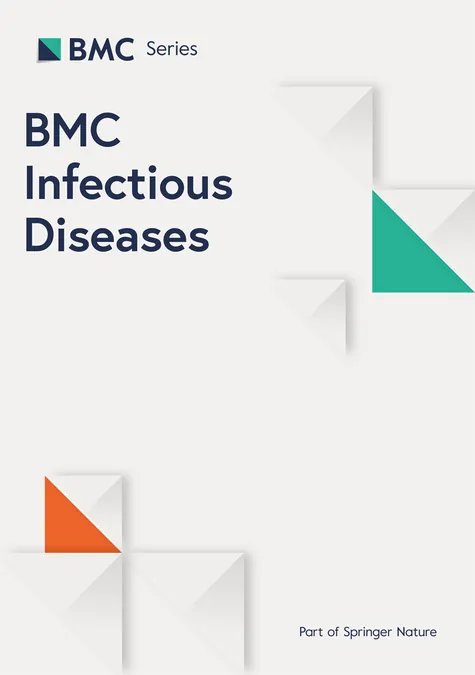
Unlocking the Secrets of Urethral Discharge Syndrome: Key Findings from a Ugandan Study
2025-06-08
Author: Jia
The Hidden STIs Crisis in Sub-Saharan Africa
Sub-Saharan Africa is grappling with the highest rates of curable sexually transmitted infections (STIs) and HIV. With limited resources for diagnosing non-HIV STIs, health officials often resort to syndromic management for cases like urethral discharge syndrome (UDS). This method unfortunately involves broad-spectrum antimicrobials that may not always target the underlying issues effectively.
Understanding the Risks of Persistent Symptoms
Research shows that persistent STI symptoms can signal inadequate treatment, antibiotic resistance, or infections from organisms like herpes simplex virus, which often go untreated in many African healthcare settings. Inadequate symptom management not only affects individual health but also raises the risk of HIV transmission, highlighting the urgent need for better control measures.
Dedicated Research and Insight
A recent study aimed to pinpoint the time to symptom resolution following treatment and examine how different factors influence this timeline. Conducted in Uganda, this research focused on men suffering from UDS—primarily caused by Neisseria gonorrhoeae (NG)—and involved monitoring over 250 participants from six health centers.
Study Highlights: Treatment and Follow-Up
Participants received a standard treatment of antibiotics, along with guidance on condom use and the importance of partner treatment. Follow-ups at 14 and 21 days post-treatment provided valuable data on symptom resolution, revealing that 95% of participants completed the follow-up calls.
Symptom Resolution: More Complicated Than Expected
Surprisingly, about 16% of men reported ongoing symptoms even after 14 days. The findings indicated that previous episodes of UDS and negative tests for common STIs significantly delayed recovery times. Additionally, the median time to symptom resolution was four days, longer than reported in similar cases in other locations.
Behavioral Factors Impacting Treatment Outcomes
Interestingly, behaviors like previous UDS episodes or negative STI tests correlated with longer recovery times. The study also found that antibiotic adherence played a role, emphasizing the importance of consistent treatment in achieving quick symptom resolution. The interactions between various STIs often complicate recovery, revealing that underlying infections may need targeted tests for effective management.
Implications for Public Health Strategy
The study underscores critical public health recommendations. Men experiencing UDS should be counseled about safe sex practices, especially during symptoms. Further, those with recurrent UDS may benefit from more proactive STI prevention strategies. Enhanced surveillance to identify the full range of urethritis causes beyond common pathogens could lead to more effective treatment and reduced transmission.
A Call for Improved Testing and Treatment Options
This groundbreaking research highlights the pressing need for improved diagnostic capabilities and treatment protocols in Uganda and similar settings. By understanding the complexities behind UDS and enhancing patient education, health authorities can work towards better health outcomes in the fight against STIs.



 Brasil (PT)
Brasil (PT)
 Canada (EN)
Canada (EN)
 Chile (ES)
Chile (ES)
 Česko (CS)
Česko (CS)
 대한민국 (KO)
대한민국 (KO)
 España (ES)
España (ES)
 France (FR)
France (FR)
 Hong Kong (EN)
Hong Kong (EN)
 Italia (IT)
Italia (IT)
 日本 (JA)
日本 (JA)
 Magyarország (HU)
Magyarország (HU)
 Norge (NO)
Norge (NO)
 Polska (PL)
Polska (PL)
 Schweiz (DE)
Schweiz (DE)
 Singapore (EN)
Singapore (EN)
 Sverige (SV)
Sverige (SV)
 Suomi (FI)
Suomi (FI)
 Türkiye (TR)
Türkiye (TR)
 الإمارات العربية المتحدة (AR)
الإمارات العربية المتحدة (AR)